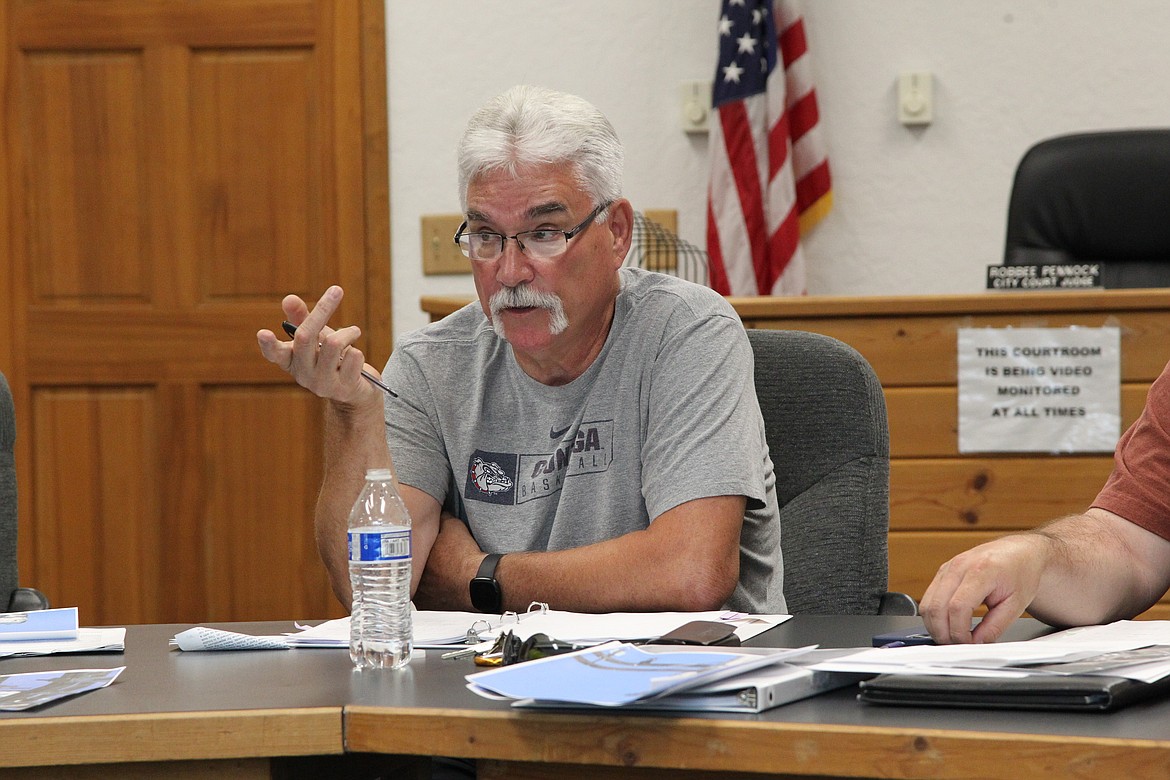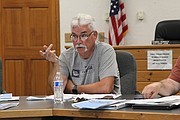Troy's new power manager wants to see the city's billing system overhauled, but it comes with a cost
Clay Campbell knows the dangers of lax safety measures all too well. Having worked for years as an electrical lineman, Troy’s new power manager has seen disaster strike with fatal results....
Become a Subscriber!
You have read all of your free articles this month. Select a plan below to start your subscription today.
Already a subscriber? Login





